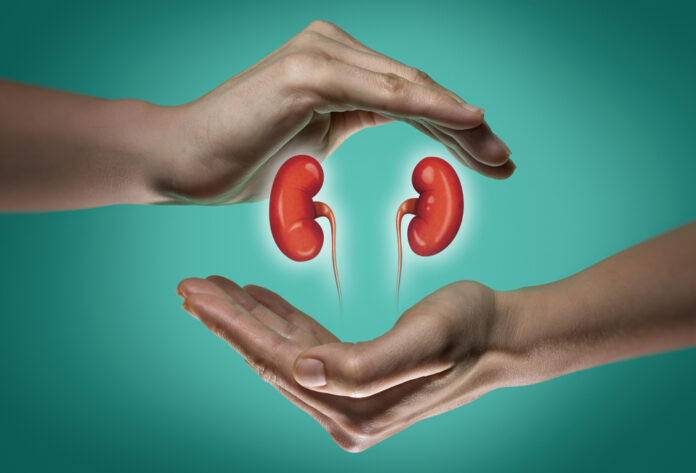The purpose of the kidney is to excrete waste from our body and maintain proper blood circulation to provide good health conditions. Kidney disease is most commonly unknown but it slowly affects kidney functions and the admitted person unable to discharge the body waste. Elderly people are more vulnerable to this infection because it rapidly increases the level of waste inside your body and causes several underlying diseases. Lack of treatment can make the condition even worse and at times kidney may fail to work.
what kidney helps for?
The kidney balances the water level in the blood and removes waste material after digestion for maintaining the proper blood pressure. It regulates the ion and PH levels and manages hormone production for a physically balanced life.
Symptoms
Certain factor increases the probability of kidney malfunction that will accelerate the risk of kidney problems. The symptoms and signs depend on the stage of disease at where you are. Common signs for loss of kidney function comprises
- Feeling tired
- Sleeping struggles
- Poor appetite
Increased blood pressure and diabetes are the contributing reason for kidney failure. Uncontrolled conditions will lead to heart attack, stroke, and damage of body organs.
The long-term progression of kidney disease will result in diabetic nephropathy. Earlier treatments help to slow down the period of kidney failure. The early stages will cause noticeable symptoms of nausea, fatigue, and headache although the right cause for this infection is unknown but usually high blood pressure and sugar levels can participate in increasing the risk of kidney complaints by causing diabetic nephropathy. The suspected individual needs to take yearly blood and urine test to avoid the risk factor initially.
Kidney problem in elders becomes more common with aging and half of the elderly people tend to face this disease during the later phase of their life. Especially, elderly women got this problem due to urinary tract infections and it will spread to both of the kidneys if left untreated.
Diet plan for elderly
Seniors’ taste buds begin to bland when growing older and parallelly they start to add more sugar and salt to get a good taste. These elements will escalate the blood pressure rate and develop the risk of heart problems. While concentrating on diet, pink salt contains less sodium chloride than regular salt with high contamination of minerals like potassium and calcium and this provides a variety of health benefits. Eliminate the foods with hidden sugar like bread and yogurt, try to follow a strict diet chart to balance the health ailments.
- Eat fresh vegetables and fruits
- Add required amount of salt and sugar
- Take sugar and sodium tests regularly
- Add little spices
- Do not skip meals
Why do seniors consume more sugar?
A lower level of carbohydrates will tempt the seniors to thirst for more sugar and probably this happens when they skip a good diet. Eventually, chronic ailments will decrease the production of saliva and these conditions can activate the elders to consume more amount of sugar and salt.
Recommended portion
The balance of sugar and salt for seniors is an inevitable criterion that elders have to follow.
- The salt measure should be 1500mg for elders above 50
- Sugar is enabled to the quantity 9 and 6 teaspoons for men and women respectively.
How to treat this?
The severe stage of kidney disease can be treated by either dialysis or kidney transplantation.
Dialysis
Dialysis is an artificial way of removing waste from your body through a machine that acts as a mechanical filter to clean the blood. This treatment is now available at home through the channel of home healthcare. Home care services in Chennai offer nursing assistance to help elderly sick people in enabling them to do their daily duties. Athulya home care provides experienced nurses to assist the elders at all times and they treat the kidney-affected elders by doing dialysis at home, which reduces the need to travel for the hospital and uplifts the recovery period.
Kidney transplant
A kidney transplant is a surgical method of placing a healthy kidney by replacing the affected one. This technique increases the quality of life and lowers the risk of death. After this, the recipient needs to monitor the kidney functions periodically for the right work.
Finally,
On March 10, there is a global campaign for spreading awareness about kidney-related diseases to avoid risker health complications. On this day, “Ensure kidney health for all” by attending an awareness drive to regulate your body fluid.













